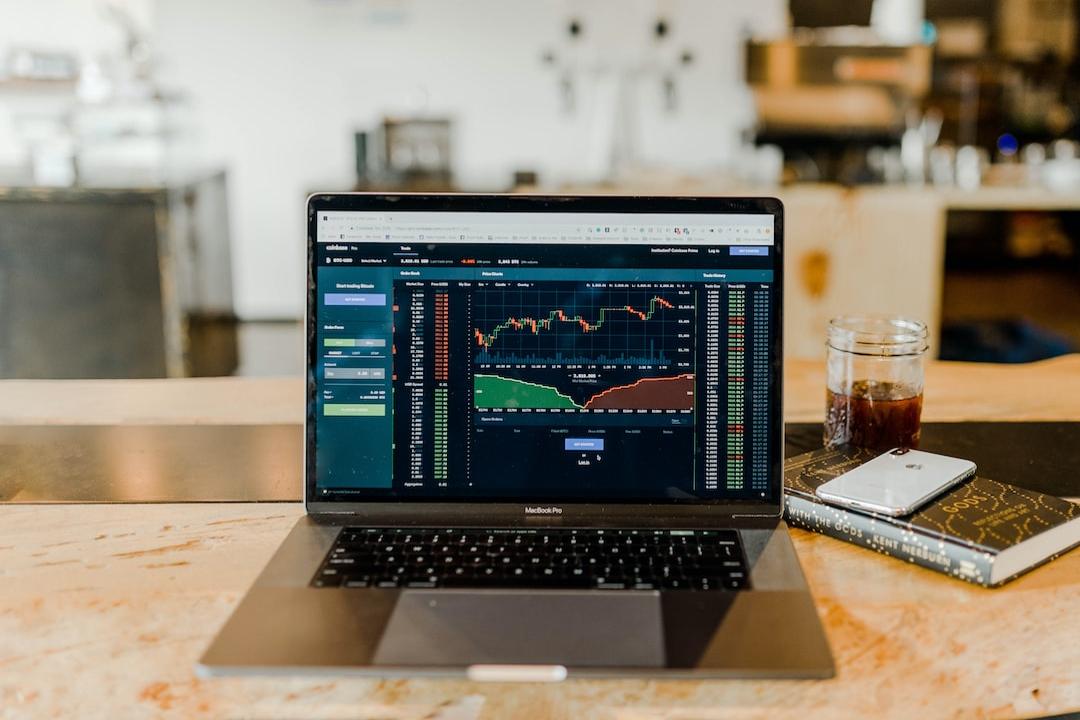Nvidia NVDA stock faces alarming monster insider trading revelation
With Nvidia (NASDAQ:
NVDA
) stock witnessing volatility in the short term, the company’s biggest shareholders, led by CEO Jensen Huang, are increasingly offloading their stake in the firm
In this context, Nvidia’s third-largest shareholder and director, Tench Coxe, joined the ranks of key sellers and unloaded a substantial portion of his holdings valued at $235 million over two days, according to
filings
.
Coxe, a key shareholder since 1997, sold his Nvidia stake at prices ranging from $116.27 to $119.27 per share.
Picks for you
Coinbase’s Ethereum network Base silently suffers an outage
22 mins ago
Cardano ‘flashing the strongest buy signal’ in a month, targets $5
3 hours ago
Ripple sells over $200 million of XRP in September’s selling spree
5 hours ago
Underground crypto mining farms uncovered in Russia’s Dagestan
6 hours ago
On September 19, Coxe sold 1,000,000 shares at a weighted average price of $119.27. The following day, he initiated another transaction of 202,978 shares at an average price of $117.29 and 797,022 at $116.27.
According to the filings, the stock sales were executed through a Profit Sharing Plan Trust, meaning the shares were held in a retirement trust benefiting Coxe.

Tench Coxe Nvidia stock sell filing. Source: SEC
Nvidia’s growing insider sellers
Indeed, Coxe joins the growing list of
Nvidia insiders selling shares
, led by Huang, who has sold his stake almost every
trading session since mid-2024
. In the latest transactions, the executive sold 1.2 million NVDA shares on September 4 and September 16. The stock was valued at approximately $132 million, with average prices ranging from $104.35 to $118.97.
Other notable
sellers
include Chief Financial Officer Colette Kress, who sold 66,670 shares on September 20 at an average price of $116.59, totaling approximately $7.7 million. On the same day, Principal Accounting Officer Donald Robertson also sold 4,500 shares at an average price of $116.51, netting about $524,293.
The stock sales coincide with a period when Nvidia stock is experiencing increased volatility, with several market players questioning whether the equity has lost the momentum generated by the company’s venture into artificial intelligence.
Notably, the offloading might be interpreted as a lack of confidence in Nvidia stock in the short term, considering the company has recently faced a series of turbulent events. For instance, the company was
reportedly
subject to a United States government investigation regarding antitrust issues. Although Nvidia denied being subpoenaed by the government, the move raised concerns about the company’s continued dominance in the AI space.
On the other hand, despite a recent market rally in reaction to the Federal Reserve’s 50-basis-point interest rate cut, Nvidia has lagged, struggling to sustain its price above the $115 support zone.
However, according to Finbold’s September 23
report
, Nvidia still has potential for growth based on key fundamentals, such as the upcoming Blackwell chip launch and the stock’s historical ability to rally months after interest rate cuts.
NVDA stock price outlook
Amid concerns over executives offloading Nvidia stock, the equity continues to show weakness in the short term. Although it ended the latest trading session with a gain of 0.22%, valued at $116, the NVDA share price is down 1.6% for the week and 8% for the month.

NVDA one-month stock price chart. Source: Google Finance
To offer an outlook on how the equity might trade, Trading expert Connor Bates acknowledged in an X
post
on September 24 that Nvidia has recently been underperforming compared to other tech stocks.
Once a darling of 2024’s tech rally, the stock has been lagging behind the broader indices in recent trading sessions, raising questions about the semiconductor giant’s future.
Bates observed that multiple key moving averages—such as the 50-day, 100-day, and 200-day—are showing extreme compression or “coiling,” signaling a potential buildup of momentum.

NVDA stock price analysis chart. Source: Connor Bates
He noted that these averages haven’t been this tightly compressed in a long time, which often precedes a significant price move. This technical setup suggests that Nvidia is gearing up for a decisive breakout or breakdown in the near term.
In conclusion, the recent wave of insider selling at Nvidia can raise concerns about the company’s short-term prospects amid market volatility. Overall, the stock is at a pivotal moment, and the compression of key moving averages means investors need to monitor the semiconductor giant closely for the next move.
